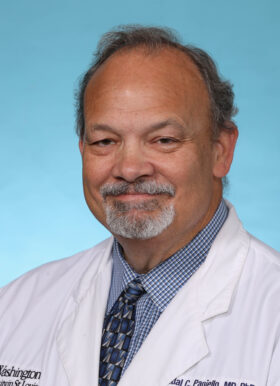Research Faculty
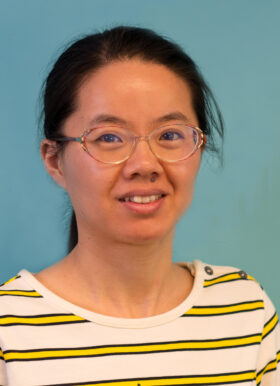
Xia Liu, MD, PhD
Assistant Professor of Otolaryngology—Head & Neck Surgery
Identifying the states and roles of T cell subsets and dendritic cells in the suppressive tumor microenvironments using different types of tumor models; dissecting molecular mechanisms responsible for the dysfunctions of T cells and dendritic cells in tumors; and developing novel and effective strategies for tumor vaccines and anti-tumor immunotherapies.
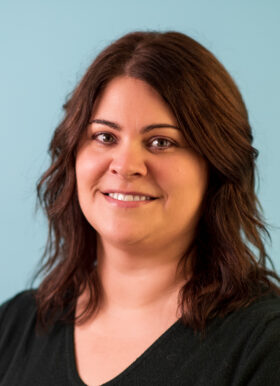
Kate McClannahan, AuD, PhD
Assistant Professor of Otolaryngology—Head & Neck Surgery
Dr. McClannahan's research examines the interaction between age-related hearing loss and cognitive aging. She will starting up her Auditory Wellness and Health Aging Lab in the CID at WUSM building.
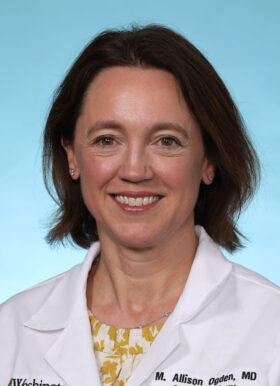
Margaret Allison Ogden, MD, FACS
Professor of Otolaryngology—Head and Neck Surgery
Castle Connolly Top Doctor
- Phone: 314-362-7509
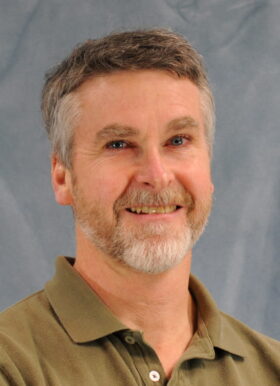
Kevin Ohlemiller, PhD
Professor of Otolaryngology—Head & Neck Surgery
Research Interests: Our research focuses on the role of genetics in the form and progression of age-related hearing loss (ARHL) and the role of genetics in the form and severity of noise-induced hearing loss (NIHL)
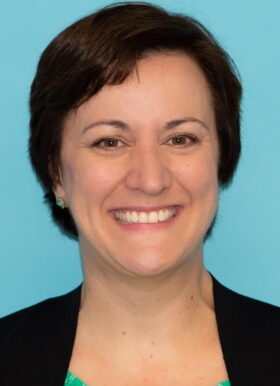
Amanda J. Ortmann, PhD
Associate Professor of Otolaryngology—Head & Neck Surgery
Director, Adult audiology
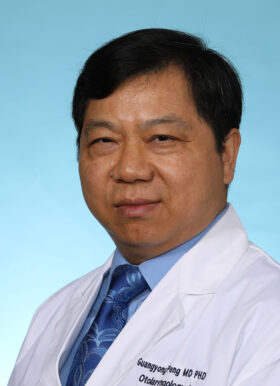
Guangyong Peng, MD, PhD
Professor of Otolaryngology—Head & Neck Surgery
Our lab’s research focuses on understanding the role of different subsets of T cells in suppressive tumor microenvironments and the development of novel tumor therapeutic strategies using metabolic and molecular reprogramming of T cell fate and function for enhanced tumor immunity and immunotherapy.
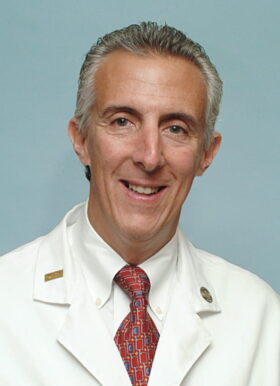
Jay F. Piccirillo, MD, FACS
Professor of Otolaryngology—Head & Neck Surgery
Castle Connolly Top Doctor
- Phone: 314-362-7509
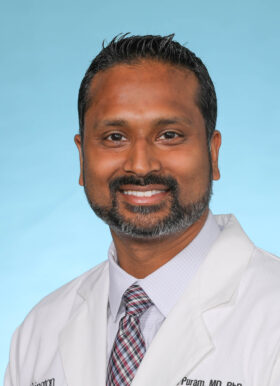
Sidharth V. Puram, MD, PhD, FACS
Lindburg Professor and Chair, Department of Otolaryngology–Head and Neck Surgery
Director, Robert Ebert and Greg Stubblefield Head and Neck Tumor Center
Castle Connolly Top Doctor
- Phone: 314-362-7509
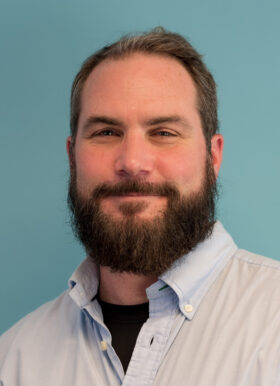
Mark A. Rutherford, PhD
Associate Professor of Otolaryngology—Head & Neck Surgery
Electrical and chemical signaling across membranes, neural temporal code, spike generation, molecular anatomy of synapses, membrane excitability disorders, auditory and vestibular systems, synaptic electrophysiology, sensory hair cells, spiral ganglion neurons, ribbon synapses, ion channel organization and function, nano-scale microscopy, Ca2+ and voltage imaging, mutational analysis, computational modeling, cochlear implants, structure-function relationships, synaptic development and heterogeneity, genetics of hearing and deafness, optogenetics, mitochondria, network and synaptic plasticity, efferent neuromodulation of sensory processing, prevention of hearing loss.
